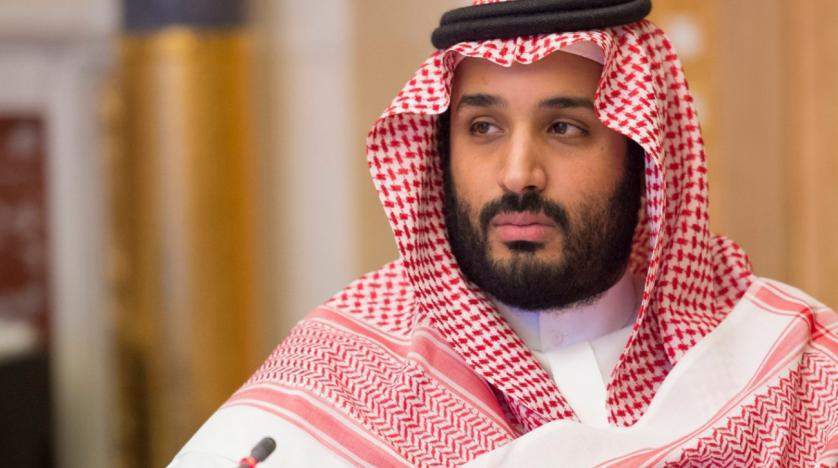
Saudi Arabia’s powerful crown prince Mohammed bin Salman has recognised Israel’s right to its “own land” in a wide-ranging interview with the Atlantic.
The Trump administration has pinned its hopes for a Middle East peace accord on Saudi Arabia and the US president has tasked his son-in-law Jared Kushner with doing what he said could be the “the ultimate deal” in ending conflict in the region.
Mohammed bin Salman has also been working behind the scenes with Israelis and Palestinians to settle the 70 year-old conflict.
Mohammed bin Salman is currently on a US visit that’s focused on attracting investment as the country tries to diversify away from oil.
Here are three things we learnt from the 32-year-old reforming prince, often referred to as MbS, in his chat with editor-in-chief of the Atlantic Jeffrey Goldberg.
1. Saudi Arabia thinks Israel has right to exist as a nation state
MbS said that both Israelis and Palestinians have the right to a nation-state.
How well do you really know your competitors?
Access the most comprehensive Company Profiles on the market, powered by GlobalData. Save hours of research. Gain competitive edge.

Thank you!
Your download email will arrive shortly
Not ready to buy yet? Download a free sample
We are confident about the unique quality of our Company Profiles. However, we want you to make the most beneficial decision for your business, so we offer a free sample that you can download by submitting the below form
By GlobalDataAsked if Jewish people have a right to a portion of the territory contested by Israelis and Palestinians, Mohammed bin Salman said:
I believe that each people, anywhere, has a right to live in their peaceful nation. I believe the Palestinians and the Israelis have the right to have their own land.
But we have to have a peace agreement to assure the stability for everyone and to have normal relations.
Why it matters:
This marks the first time an Arab leader has recognised Israel’s “right to exist”, according to the Atlantic, quoting former US peace negotiator Dennis Ross.
2. The enemy of Saudi Arabia’s enemy is Saudi Arabia’s friend
Relations between Israel and Saudi Arabia have warmed in recent months as the Kingdom, a powerful influencer in the Gulf, has softened its formerly hostile position regarding the Jewish state.
The crown prince told the Atlantic that Israel’s relations with Gulf countries could be normalised if a peace settlement was reached with the Palestinians.
There are a lot of interests we share with Israel and if there is peace, there would be a lot of interest between Israel and the Gulf Cooperation Council countries.
Why it matters:
Israel and Saudi Arabia have bonded over their common mistrust of Iran, with reports of recent secret contact surfacing — although both sides publicly maintain their distance.
Last month, Saudi Arabia opened its airspace to a commercial flight to Israel, a groundbreaking symbolic step.
3. There are concerns over the fate of Jerusalem
Trump’s recent decision to move the US Israeli embassy from Tel Aviv to Jerusalem sparked outrage across the region and the world, seemingly dismissing a Palestinian claim to part of the city as the capital of its future state.
During the interview MbS raised concerns over the fate of Jerusalem, known as Al-Quds in Arabic, which has been one of the most contentious issues in prospective peace plans for decades.
He said any Mideast peace agreement would need to address the fate of Islam’s third-holiest site, which is located in Jerusalem, and ensure “the rights of the Palestinian people.”
We have religious concerns about the fate of the holy mosque in Jerusalem and about the rights of the Palestinian people. This is what we have. We don’t have any objection against any other people.
Why it matters:
Jerusalem is considered one of the holiest sites in Sunni Islam, along with Mecca in Saudi Arabia. Saudi Arabia is the so-called Guardian of the two Holy Sites meaning its position on Jerusalem carries a lot of weight.



